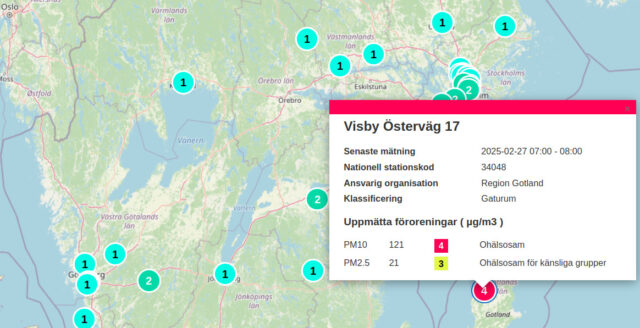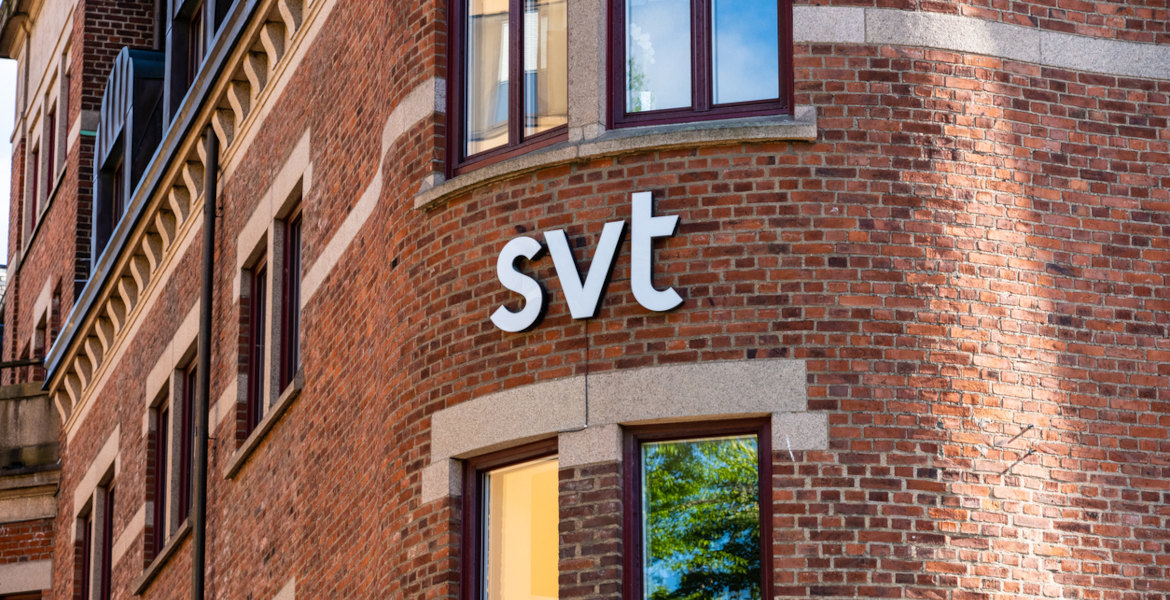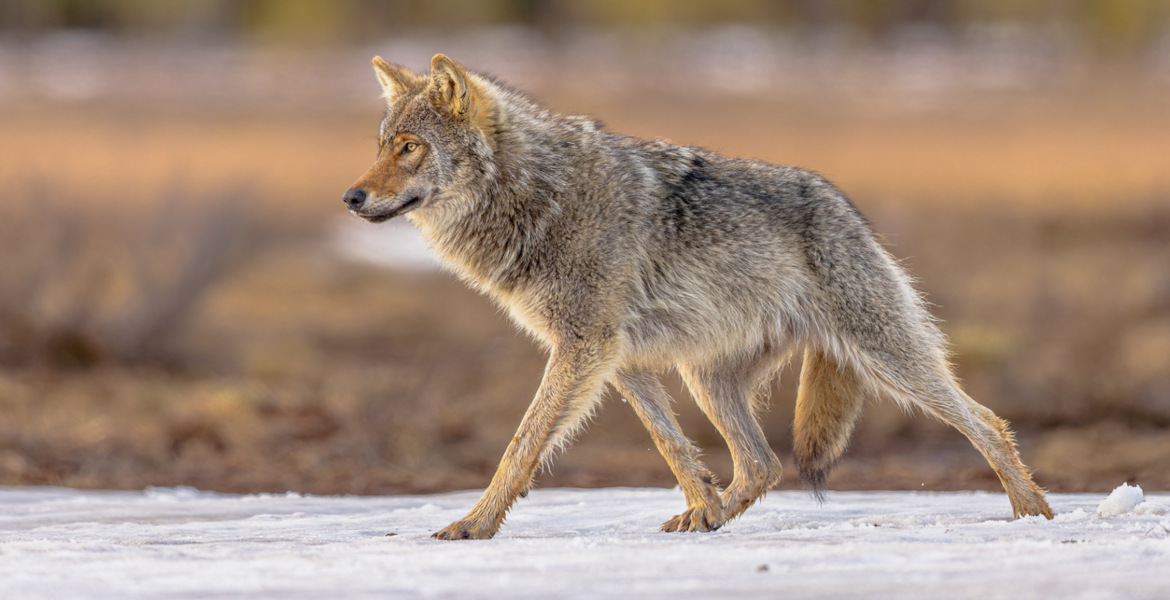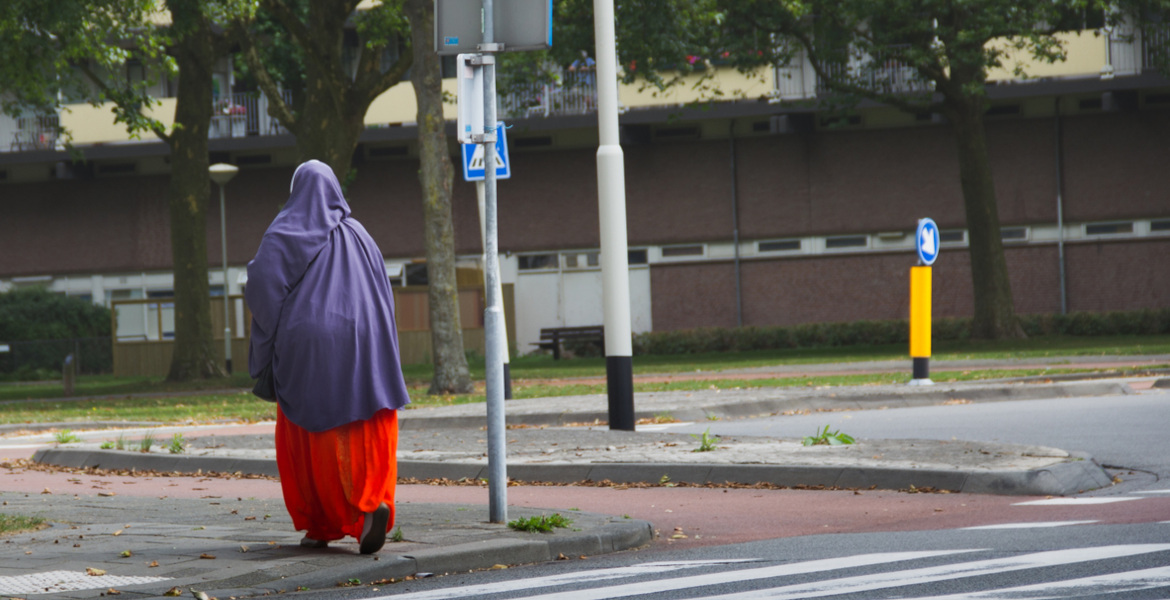Air quality has deteriorated in some parts of Finland and Sweden in recent days. In Finland, the levels of microparticles are the highest measured in the last ten years.
Next year, the EU will introduce a limit of 50 micrograms of microparticles per cubic meter, which means that the public must be warned if this limit is exceeded. On Monday, a daily average of almost 40 micrograms of microparticles per cubic meter was measured in Finland.
In Sweden, there have been locally high levels in several parts of the country for most of February. Levels have been particularly high on Gotland, and on Wednesday as many as 997.4 microparticles per cubic meter were measured in Visby, according to preliminary figures from the Swedish Environmental Protection Agency. According to the Swedish Meteorological and Hydrological Institute's (SMHI) air web, however, the levels have fallen during the night, but also showed unhealthy levels on Thursday morning. Gävle also showed high levels in the morning.
Measured pollution in Visby during the morning. Photo: facsimile/SMHIAccording to the Finnish state broadcaster Yle, the deterioration in air quality is due to the introduction of large amounts of microparticles into the air mass from Central and Eastern Europe. It is also reported that it may worsen in the coming days.
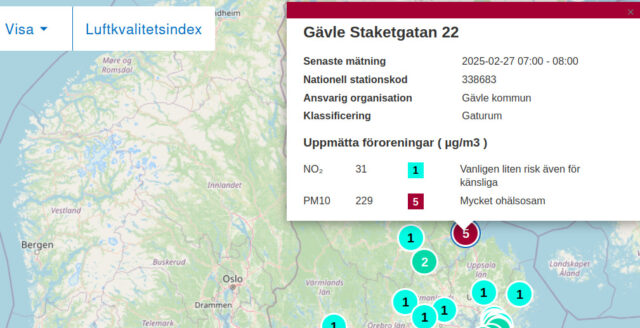
Poor air quality affects people with conditions such as asthma and cardiovascular disease, as well as older people and children, but can also affect healthy people. For example, eyes, nose and throat can be irritated by microparticles in the air. According to Yle, you should stay indoors if you experience symptoms.

